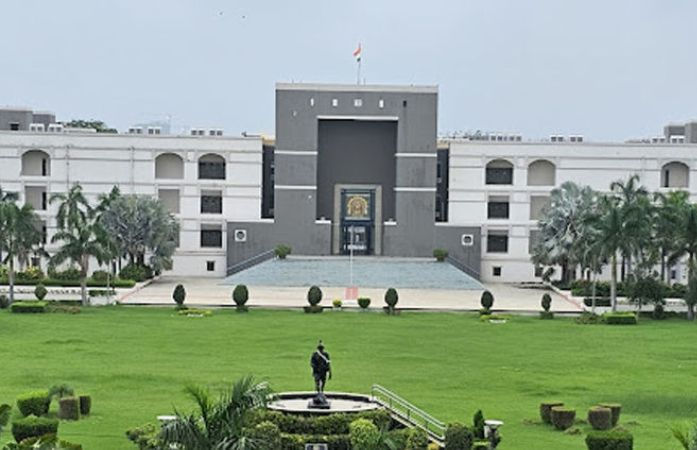Gujarat High Court denies bail to Deepak Salunke in ISI case linked to fake ID ‘Poonam Sharma’

The Gujarat High Court has denied the bail application of Deepak Kishorbhai Salunke, who has been accused of leaking confidential and sensitive information about the Indian Army to an agent of Pakistan’s Inter-Services Intelligence (ISI). The court held that Salunke’s actions, allegedly carried out for financial gain, posed a direct threat to national security.
While rejecting the plea, Justice Hasmukh D Suthar observed that Salunke had endangered the nation’s safety and integrity in pursuit of money. The court stated: “National security and safety are far more important than monetary gain.” Justice Suthar further noted: “Considering the unity, integrity, and safety of the nation, the offence committed by the accused is extremely serious and sensitive, and therefore he should not be granted bail under any circumstances.”
ISI agent operated under fake identity ‘Poonam Sharma’
During the proceedings, the high court took note of direct evidence linking Salunke to a larger conspiracy involving an ISI agent operating under the false identity of ‘Poonam Sharma’ on Facebook. According to investigators, Salunke communicated with this agent via social media platforms and encrypted messaging apps, and in return for leaking photos and sensitive details about the Indian Army, received substantial financial compensation.
Authorities traced multiple monetary transactions from the ISI operative to Salunke’s bank account. Further, it was revealed that Salunke arranged multiple SIM cards and provided logistical support to facilitate the operation. The court emphasised that such activities, in the current context of ongoing threats from across the border, could not be treated lightly.
State opposes bail citing national interest
Additional Public Prosecutor Manan Mehta, appearing on behalf of the state government, strongly opposed the bail application. He informed the court that the Surat Crime Branch arrested Salunke based on specific intelligence inputs following a covert investigation. The police discovered that Salunke had been leaking classified Indian Army information and visuals to the ISI handler via Facebook and WhatsApp.
The investigation revealed that the ISI agent, who approached Salunke under the guise of “Poonam Sharma”, used social media to build contact and transfer money in exchange for sensitive military data. The government submitted that granting bail at this stage could compromise the ongoing investigation and allow others involved in the conspiracy to escape.
High court highlights broader security risks
The court also acknowledged the national security risks posed by the case, stating that Salunke’s actions must be seen in light of “terrorist attacks, drone intrusions, and other terror-related activities in border areas by Pakistan.” It emphasised that releasing the accused could obstruct efforts to uncover the full extent of the espionage network.
Noting that several other individuals remain under investigation or unapprehended, the high court accepted the state’s argument that releasing Salunke on bail could interfere with the probe. Given the seriousness of the charges and the potential impact on national security, the bench refused to grant relief.
The high court concluded that the bail application must be “outright rejected”, reiterating that the nature of the crime demanded a firm response. With this, the court upheld the position of the state government and dismissed Salunke’s bail plea.

